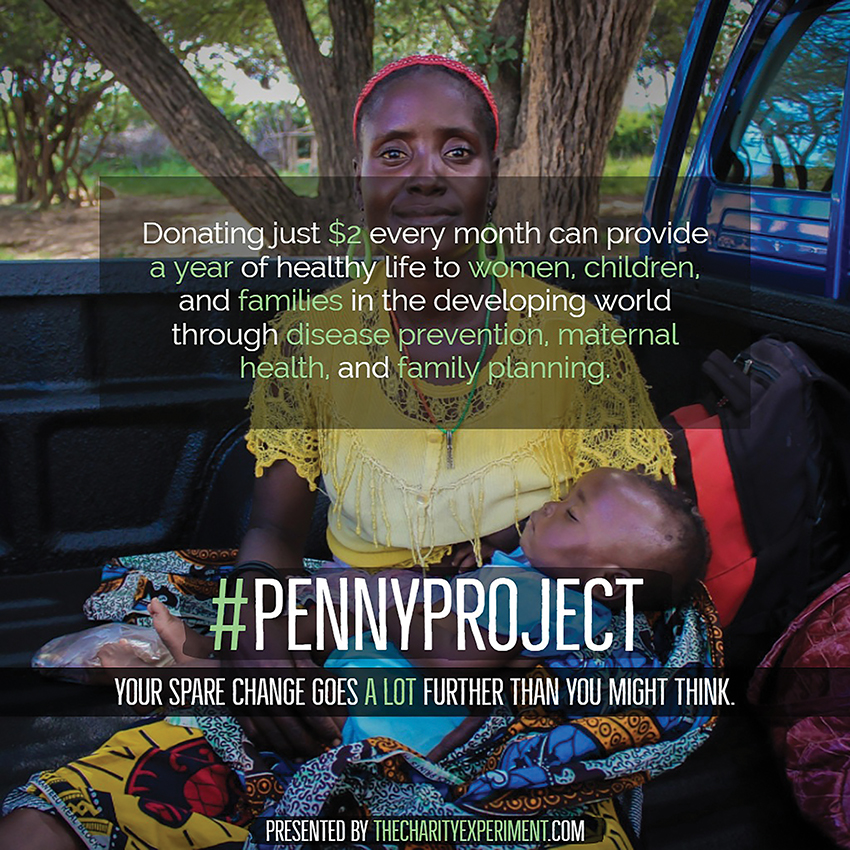
For a lot of us, donating to charity seems like a very open-ended idea. It shouldn’t be, but it can be difficult to quickly access and flip through the lengthy, quantifiable data and philanthropic research available on truly effective organizations.
Local businessman Thaddeus Kaliszewski, 27, of Shrewsbury, has taken action to clear up the confusion. How? By founding the non-profit startup The Charity Experiment, he plans to take the guesswork out of donating to charity.
“Not knowing where or how to donate, I think, is a big problem,” Kaliszewski said. “So, by kind of permeating the social media space, I think we can kind of break in and say here’s a very easy, simple way to donate to charity.”
Launched in January, The Charity Experiment nominates three charities each month, and donors vote on where their donations will go. Charities are chosen based on extensive research rooted in effective altruism.
“We answer those other big questions in regard to ‘Am I giving to a trustworthy organization?’ The answer is always going to be yes, because we do so much research and rely so heavily on real, good, solid research that’s done into these organizations,” Kaliszewski emphasized.
After voting, learn about each charity and take action on your vote! With the average donation hovering around $10 a month, you can completely customize how much you give. Every month, an email newsletter is sent out to tell you which organization won, how much money was raised and the potential good that will come of it.
So far, The Charity Experiment has raised more than $700, with 17 people signed up to give every month. About 90 percent of the total donations are recurring donations.
The Charity Experiment offers subscriptions for you to donate seamlessly each month. The three options are The Effective Plan ($5 per month), The Empowerment Plan ($10 per month) and The Impactful Plan ($20 per month). You can even choose to give on a one-time, weekly, monthly or annual basis, with options starting as low as $2!
With a full-time job and a side hobby as a web designer (Thad, the Vagabond), Kaliszewski will donate half of his supplementary income from web designing directly to The Charity Experiment. While 50 percent might be a steep jump for some, it’s an example that people can take a small percentage of what they make and still be comfortable financially.
Currently, the operation is just Kaliszewski and lifelong friend Daniel Durning, of Worcester (living in Chicago). Durning acts as COO, handling GET MORE BANG FOR YOUR CHARITABLE BUCK outreach and back-end business modeling. Kaliszewski handles marketing, campaigns and a majority of the philanthropic research. However, they’re actively seeking like-minded volunteers to interact on social media within an altruistic movement.
While the Effective Altruism Movement is datadriven and succeeds in performing and publishing research, there’s a lack of sharing this information in a digestible format. Kaliszewski hypothesizes The Charity Experiment will flourish in this aspect by distilling down the analytical, academic language into sharable content through social media.
“I think that that’s a space that could really use some strong marketing campaigns. Especially for organizations that spend no money on marketing. They’re spending all of their money on their programs – as they should,” Kaliszewski commented. “So, we think that we’re kind of filling that gap as well for these organizations; we’re kind of like a pseudo-marketing agency.”
Now in the process of filing for 501(c)(3) status to legitimize the operation, a Go Fund Me campaign was started specifically for The Charity Experiment’s operational costs. Optimistically, Kaliszewski believes that non-profit status will allow for more donors, grant writing, networking opportunities and finding alternative sources of funding in the future, allowing the organization to stay as lean as possible and for Kaliszewski to dedicate more of his time.
“I have a long-term, kind of crazy version of me personally being able to physically go to these places where they’re performing this work and doing whatever it is – like documentary style, you know, running some sort of on-the-ground marketing campaign for these organizations that don’t do this.… I think we fill a need for both the charitable organizations that we represent and the people, the actual donors – answering their actual questions before they start giving.”
For more information about The Charity Experiment, visit thecharityexperiment.com; follow on Instagram and Facebook @thecharityexperiment and on Twitter @charityexp.
Savanah Hippert

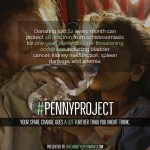
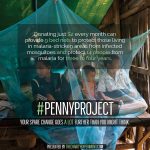
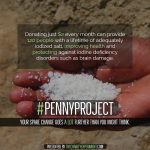
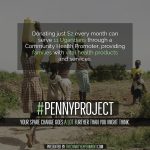
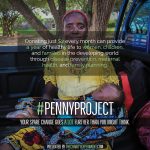





I love using The Charity Experiment,since they do the leg work and the vetting. The monthly newsletter keeps me in touch with where my money goes. There have even been a few charities I knew nothing about until presented by The Charity Experiment.